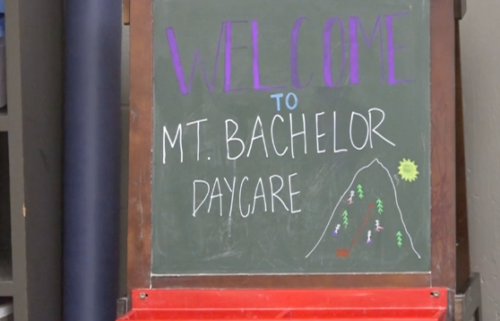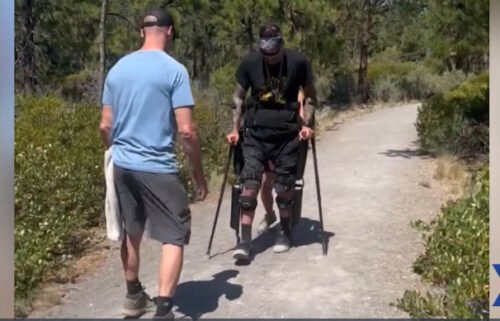Mental health calls rise, child abuse referrals fall in Deschutes County
Financial instability, increased isolation said to be contributing factors
BEND, Ore. (KTVZ) -- Whether you have been laid off from work, are struggling to help your children with distance learning or simply trying to make sure there's enough food on the table, the COVID-19 pandemic has affected people’s mental health and well-being in a variety of ways.
Janice Garceau, the head of Deschutes County Behavioral Health, told NewsChannel 21 Monday there has been a 32% increase in calls to Deschutes County’s mobile crisis assessment team, or MCAT, since February.
Garceau also said 911 mental health-related calls also have gone up by roughly 13%.
“During times of distress like these, when there’s increased unemployment, increased isolation or stressful things in the news, people tend to have an increase in mental health symptoms,” Garceau said.
While there's been an increase in mental health calls, Mind Your Mind Central Oregon said behavioral health agencies have seen a drop in referrals of children to mental health services.
“Children are not in school or sometimes not seeing their primary care provider in person, and often those are the entities that identify when a child is struggling,” Garceau said.
Robin Antonson, director of development and marketing for the KIDS Center in Bend, the region's child abuse prevention facility, said the pandemic adds more family stressors, like food insecurity and financial instability.
She said KIDS Center has seen the number of child welfare referrals decline 30% to 35%, compared to the same time last year.
“When the pandemic first struck and kids were asked to stay home and not go to school, we saw a drastic decline in the first few months,” Antonson said.
She said when family stressors go up, the risk of child abuse goes up as well.
“With the pandemic and stay-at-home factors, you obviously have less eyes and ears on children, less trusted adults for children to speak to, primarily in schools, so it’s just much harder,” Antonson said.
But Antonson said child and family therapy sessions have doubled, compared to last year, since the pandemic began.
She said it's important for adults to find time to relax in their busy schedules, and to check in with other families in the community who may be struggling to cope with the effects of the pandemic.
“This is not something that’s going to go away soon,” she said. “As we reopen more, we will likely see a drastic increase in the number of child abuse reports.”
For more information on mental health resources in Central Oregon, visit the Let’s Talk page.




